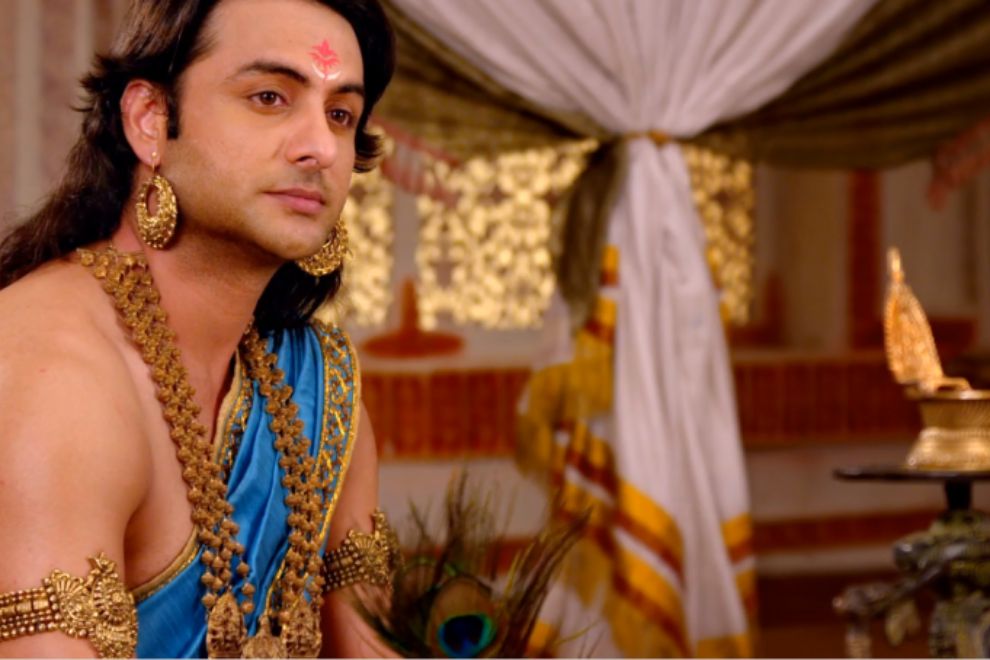The Burden of Always Being Right
In a world at war, what happens to a man who refuses to hate?
In the Mahabharat, where brothers are warriors, queens gamble dignity, and gods shape destinies, Yudhishthira remains a contradiction. He is not driven by rage, vengeance, or power—but by a crippling obsession with doing the “right thing,” even when it costs him everything.
This isn’t an article about how righteous Yudhishthira was. This is a story about a man who tried to live by principles in a world that rewarded manipulation—and how, in doing so, he became one of the most tragic figures in Indian mythology.
🏹 The Lonely Eldest: Leader Without Fire
Born to Kunti through the grace of Lord Dharma, Yudhishthira was always different. His brothers were defined by action—Bhima’s strength, Arjuna’s skill, Nakul and Sahadev’s charm. But Yudhishthira’s identity was built on restraint.
- He didn’t roar in anger.
- He didn’t chase power.
- He didn’t even retaliate when humiliated.
He simply endured.
And in that silence, he built a fortress of self-control so strong that no one—not even Krishna—could fully break it.
The Dice Game: Not Just a Mistake—A Moral Meltdown
The world condemns Yudhishthira for one thing: accepting the invitation to play dice, and staking everything—including Draupadi. But this wasn’t just greed or pride.
It was dharma twisted against itself.
In his view, refusing a royal game invited by elders was against protocol. Saying no would mean disrespect. And so he said yes—again and again—even as he watched his family fall.
“To obey was dharma. To resist was adharma. But what if dharma itself leads to disaster?”
Yudhishthira became a tragic example of what happens when morality is followed without flexibility or wisdom.
Dharma vs Doubt: His Real Enemy Wasn’t Duryodhana
While the world saw Duryodhana as the villain, Yudhishthira’s true conflict was with his own conscience.
Even in exile, he questioned himself relentlessly.
Even after victory in Kurukshetra, he didn’t celebrate—he grieved.
Even when crowned king, he didn’t smile—he remembered the corpses.
Yudhishthira didn’t win peace. He won a lifetime of internal guilt.
The Final Test: Dharma in Disguise
On the final journey to the Himalayas, Yudhishthira refused to abandon a stray dog—even when it meant sacrificing entry into heaven. That dog was Dharma himself, and the test was simple:
“Would you abandon loyalty for reward?”
Yudhishthira didn’t. He may have failed as a gambler, a protector, or even a brother. But he succeeded in remaining true when no one else could.
What Yudhishthira Teaches Us in 2025
In a world obsessed with hot takes and fast wins, Yudhishthira’s character reminds us that righteousness is lonely.
- He won no fanfare.
- He lost more than he gained.
- But he never stopped trying to be good—even when the world didn’t care.
In today’s world of moral shortcuts and glorified vengeance, maybe we don’t need more Arjunas.
Maybe we need more Yudhishthiras.
Yudhishthira wasn’t a hero in the traditional sense. He didn’t win with swords or speeches.
He won with silence, with sacrifice, and with soul-crushing moral clarity.
And that might be the hardest kind of heroism of all.


